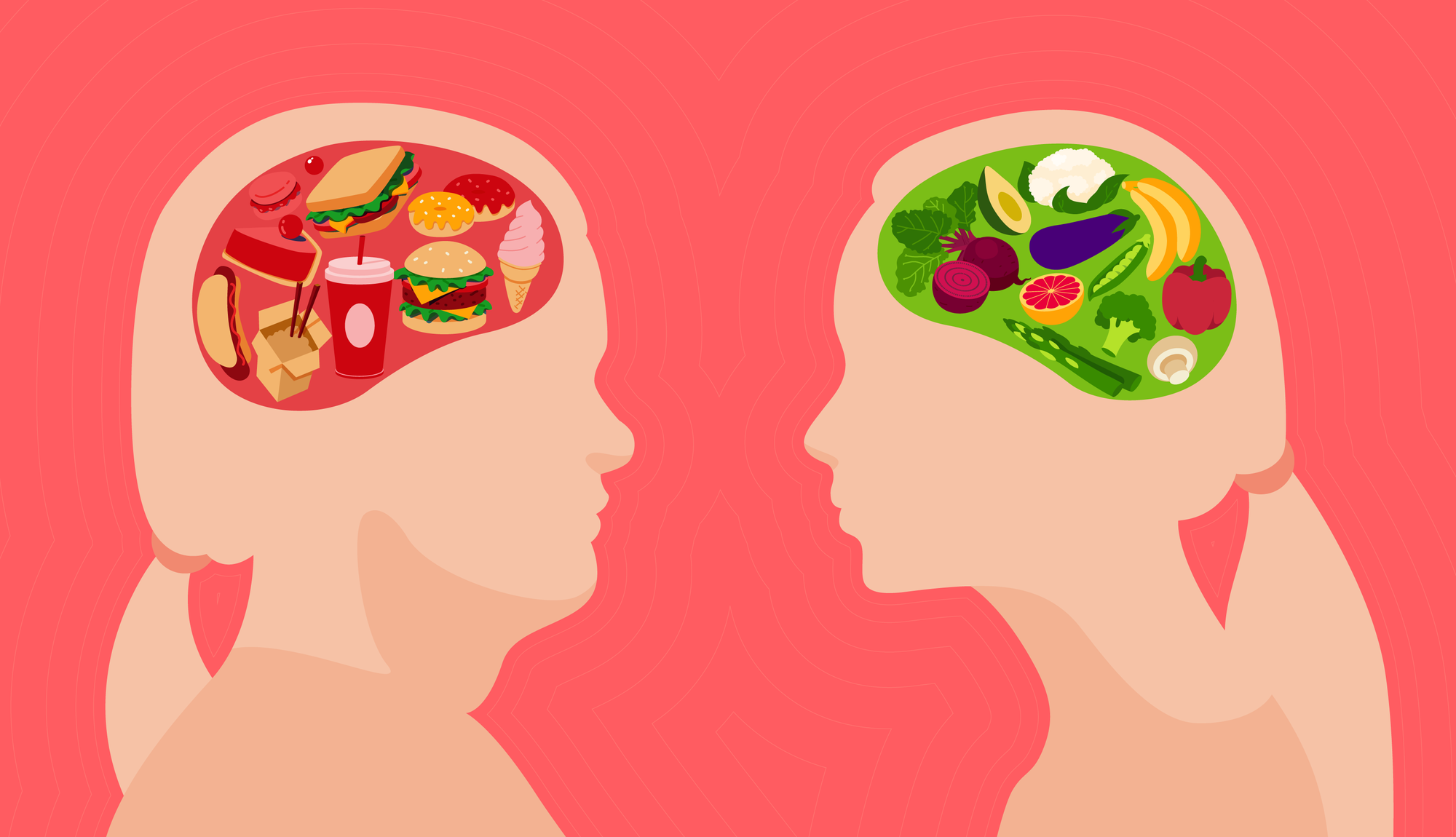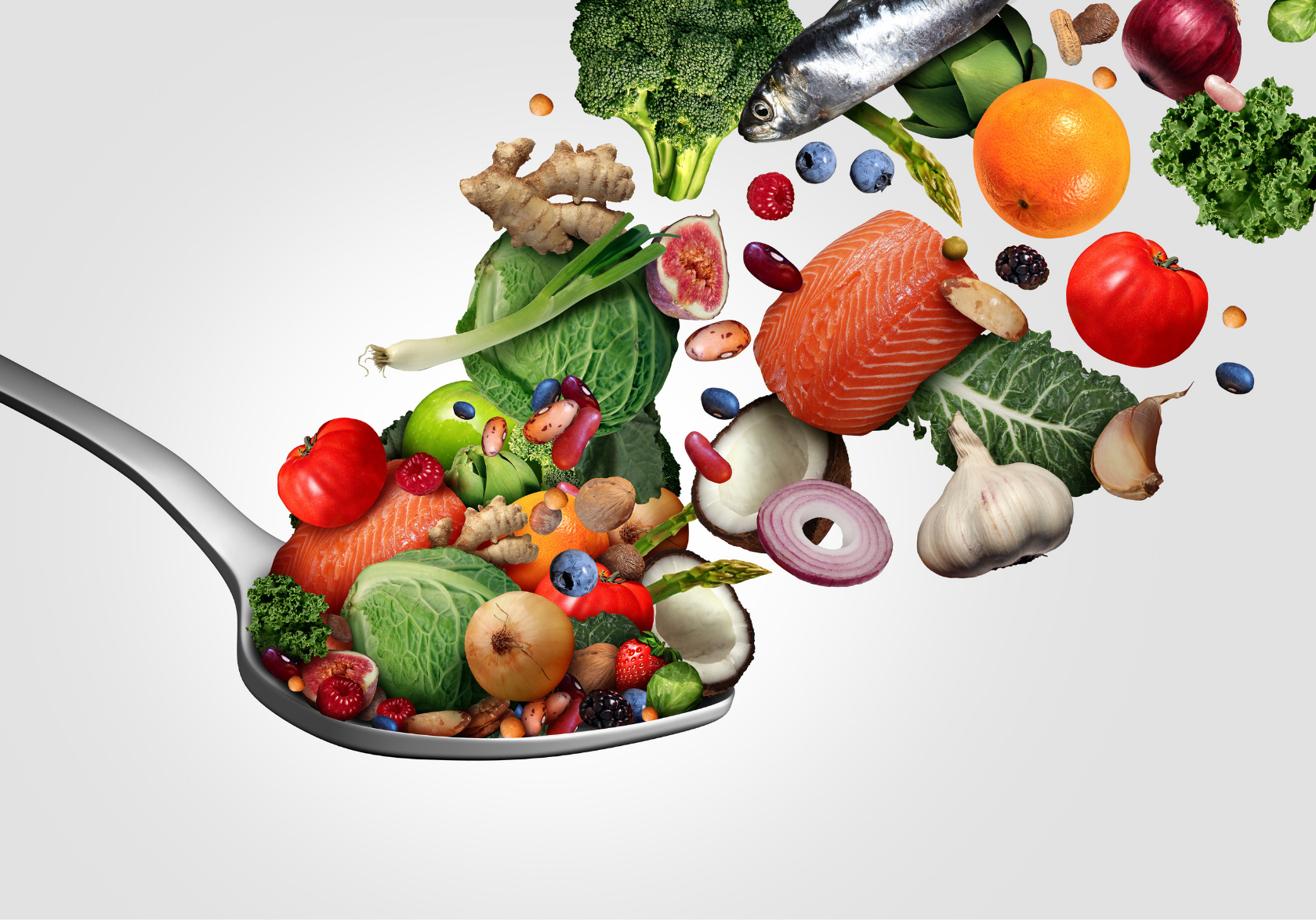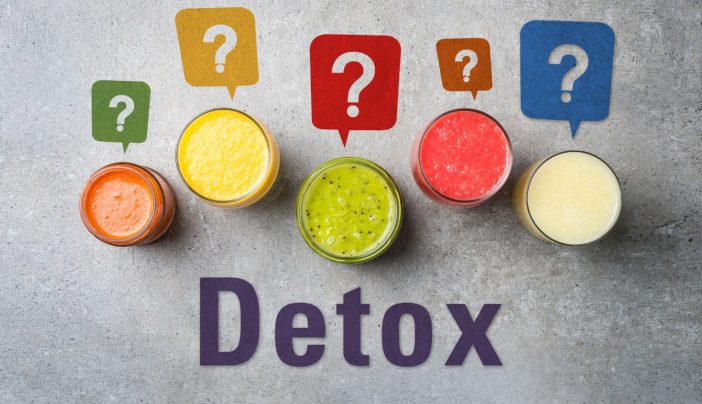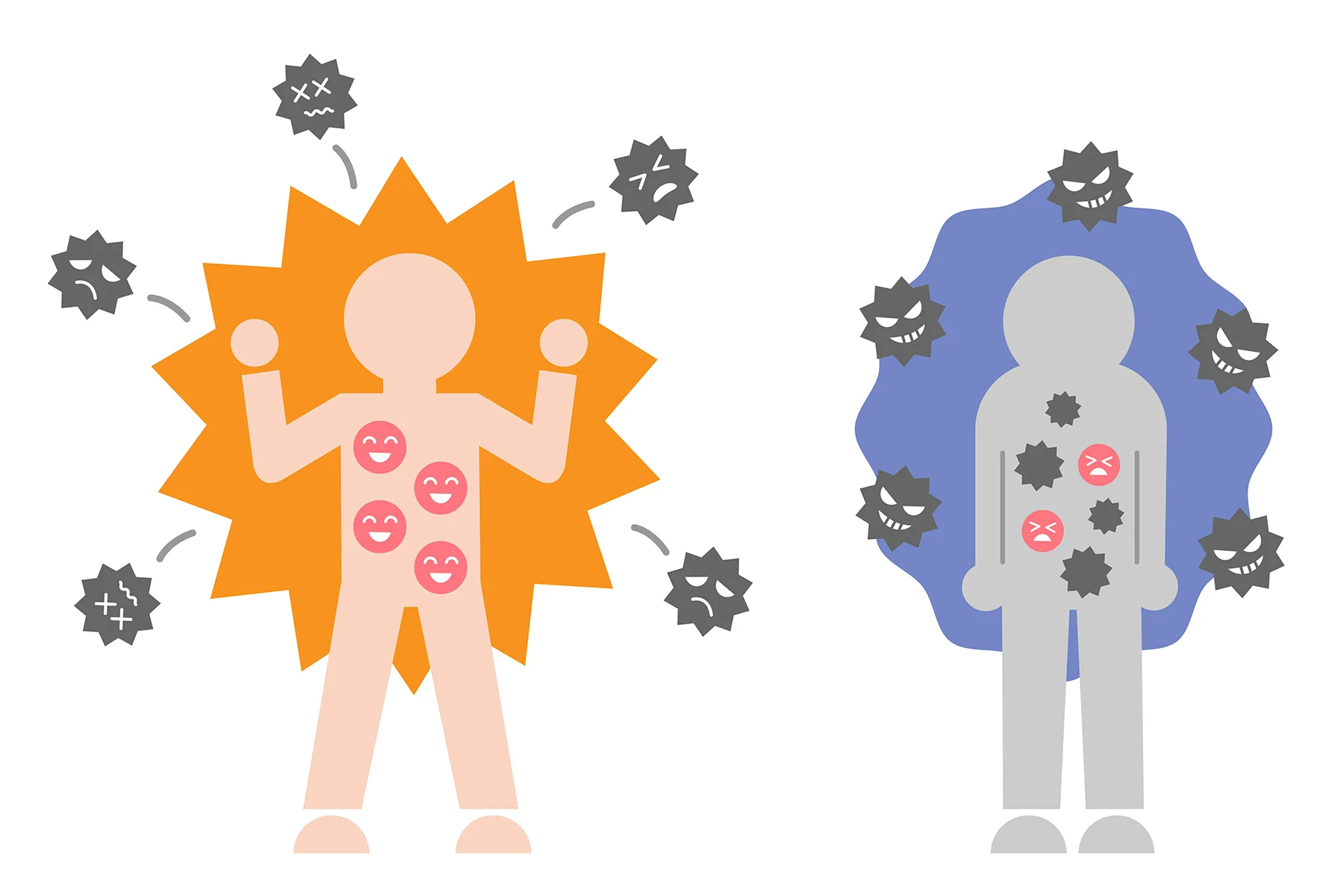
If we keep on feeding our children unhealthy food and junk food, we cannot expect them to get better. Food and nutrition are very significant in one’s development and growth. They cannot be ignored in the conventional treatment process. When it comes to food, it is usually believed about how it tastes, appears, smells, and has other feelings associated with it. We need to consider it and pay attention to what food does and affects our bodies.
If you have a child on the autism spectrum, it is important to understand and realize that food is more than something that brings us happiness and pleasure.

Food Affects Brain and Body Functions
When your child eats food, remember that it has a major impact on the child. This impact can be both positive and negative on his or her brain and body functions. Hence, you must understand, as a parent, how food exactly impacts your child.
Food can Impact the Child’s Ability to be His best Self.
If proper nutrition is not provided, your child will not be able to function properly, especially at his or her full potential. This will result in him not fully benefiting from his therapy sessions. We should keep in mind that therapies are external, and food influences what goes internally.
The Impact of Food on the Immune System
Children who are on the spectrum have dysfunctional immune systems. They also experience an adequate detoxification process. Nutrition plays a huge role in this. Problems associated with nutrition can cause a huge burden on the child and slowly erode their health and ability to fight infections. Food is important to aid the detoxification process.

We should keep in mind that nutritional problems are not a rare occurrence among children on the spectrum. A significant percentage of children with autism, ADD, or ADHD struggle with the below-mentioned nutritional problems:
- Poor diet
- Nutritional deficiencies
- Feeding problems
- Food allergies
- Food intolerances
- Chemical sensitivities
- Gastrointestinal disorders
- Exposure to neurotoxins
- Frequent illnesses and infections
A good diet is the beginning of your child’s healing journey. It can be understood as the first step on the ladder of healing. To help you understand better and give you a deeper explanation of how a poor diet can negatively affect your child, here are a few ways a poor diet can impact your child.
Brain Development and Function
There is no doubt that a child's brain is highly dependent on the vitamins, minerals, amino acids, and healthy fats that are present in the food that he or she consumes. If the child is not able to absorb enough of these aforementioned key ingredients or nutrients, it compromises neurotransmitter production in the brain and affects the synthesis of the brain's myelin sheath. The glucose oxidation process leads to complications in brain function. This results in declining cognitive processes and contributes to behavior and learning problems in the child.
Detoxification Processes
One of the major causes of autism is heavy metals or other toxins that are present in the food that is consumed by the child. These heavy metals or toxins can be mercury, lead, arsenic, dioxins, pesticides, and other solvents. These neurotoxins, which are present in food or certain food groups, can result in damaging the child’s brain and the functioning of the central nervous system. This can result in low IQ, more learning disabilities, ADHD, and other issues. This could also lead to compulsive behavior, aggression, violence, speech difficulties, memory impairment, motor dysfunction, delay in development, and other sorts of mental retardation in the child. To reduce the chances of these problems, we can get rid of the harmful neurotoxins by making the child consume foods that are rich in zinc, selenium, magnesium, vitamin A, vitamin E, and cholesterol.

Gastrointestinal Health
The GI tract highly relies on the presence of the amino acid glutamine, and it requires a steady supply of vitamins and minerals for proper bowel functions. If your child is suffering from various nutritional deficiencies, it is important to know that they could impair the growth of new cells in the gastrointestinal tract. This can compromise the ability to absorb the important nutrients present in the food. This results in a vicious cycle where poor food leads to gastrointestinal impairment, which leads to poor nutrient absorption. This causes the worsening of nutritional deficiencies in your child and can directly impact brain and body development.
Immune System Function
There is no doubt that a healthy immune system depends on nutrients and vitamins like vitamin C, vitamin A, vitamin D, vitamin E, vitamin B, iron, and bioflavonoids. This results in the optimum functioning of the immune system. If your child has a diet that is deficient in these above-mentioned nutrients, there is a great possibility that your child is at risk for developing allergies as well as year-round infections. This could also increase the risk of chronic illnesses and upper respiratory infections.

Erythropoiesis
Erythropoiesis refers to the process by which red blood cells are produced and present in the bone marrow. Red blood cells are responsible for the transport of oxygen to our brains and bodies. The main nutrients that support this process include iron, vitamin B6, copper, folate, vitamin B12, vitamin C, and vitamin E. Deficiency of these significant nutrients can result in anemia, which can lead to irritability, headaches, less appetite, lethargy, hyperactivity, inattentiveness, and poor academic performance.


.png)


